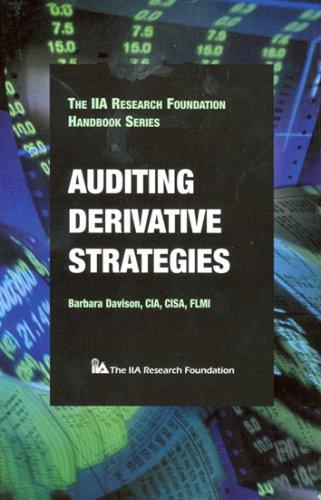Answered step by step
Verified Expert Solution
Question
1 Approved Answer
the following to answer Questions 7-11. Ryte is planning to introduce a new product that will sell for $12 a unit. A total of 100,000


the following to answer Questions 7-11. Ryte is planning to introduce a new product that will sell for $12 a unit. A total of 100,000 units Fall be produced during the first year. Direct materials are projected to be $100,000 and labour costs mount to $80,000. The wage rate is $8 per hour and 10,000 labour hours are projected. Manufacturing overhead costs have not yet been estimated for the new product, but monthly data on total production and overhead costs for the past 24 months have been analyzed using simple linear regression. The following results were derived from simple regression and provided the basis for overhead cost estimates for the new product. The coefficient of independent variable represents the variable overhead rate. The cost driver for variable overhead is direct labour hours. Simple Regression Analysis Results Dependant variable - Factory overhead costs Independent variable - Direct labour hours Computed values Intercept Coefficient of independent variable Coefficient of correlation Coefficient of determination $120,000 $6.40 0.958 0.918 7. What percentage of the variation in overhead costs is explained by the independent variable? A. 90.8 % B. 97.9 % C. 95.8 % D. 91.8 % E. 84.3% 8. The total overhead cost for an estimated activity level of 20,000 direct labour-hours is A. $110,000 B. $120,000 C. $164,000 D. $238,000 E. $248,000 9. What is the expected unit contribution margin to be earned during the first year on 100,000 units of the new product? (Assume that all marketing and administrative costs are fixed). A. $9.56 B. $9.78 C. $8.18 D. $6.40 E. $10.30 10 How much is the variable manufacturing cost per unit, using the variable overhead estimated by the regression (assuming the direct materials and direct labour are variable cost)? A. $1.80 B. $2.22 C. $2.44 D. $3.50 E. $6.40 11. If your answer in Question #10 above is used as the variable cost coefficient, what would the manufacturing cost equation be, whereby x refers to units produced? A. TC = $120,000 + $0.91x B. TC = $110,000+ $2.44x C. TC = $80,000 + $2.22x D. TC = $120,000 + $2.44x E. TC = $100,000 + $6.40x
Step by Step Solution
There are 3 Steps involved in it
Step: 1

Get Instant Access to Expert-Tailored Solutions
See step-by-step solutions with expert insights and AI powered tools for academic success
Step: 2

Step: 3

Ace Your Homework with AI
Get the answers you need in no time with our AI-driven, step-by-step assistance
Get Started


